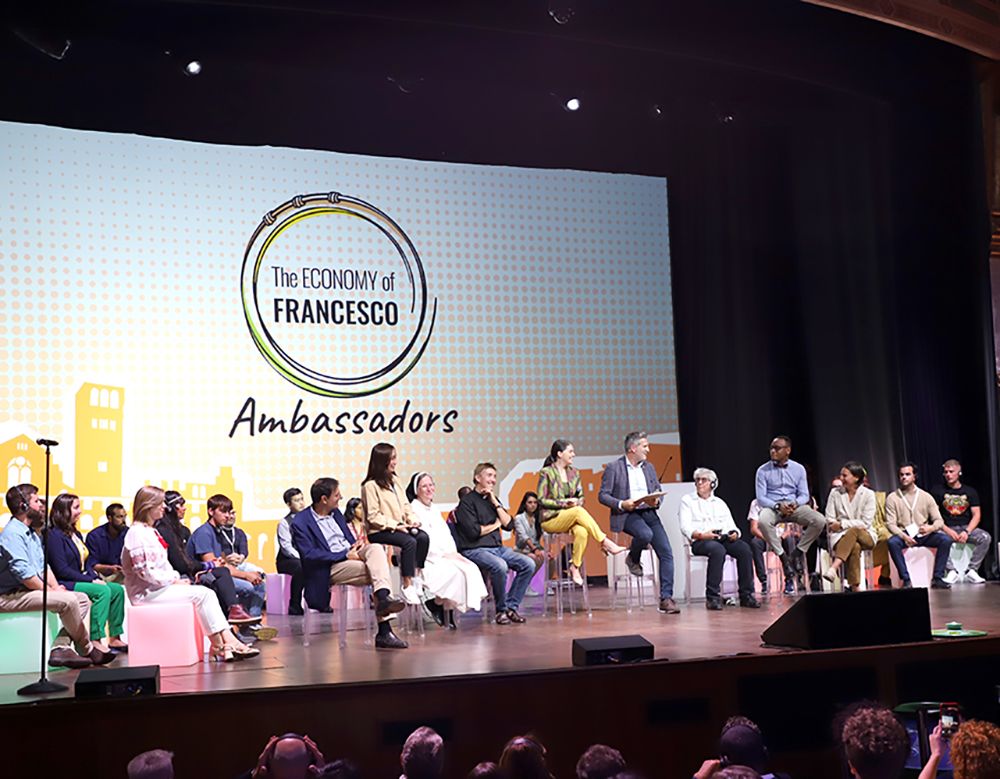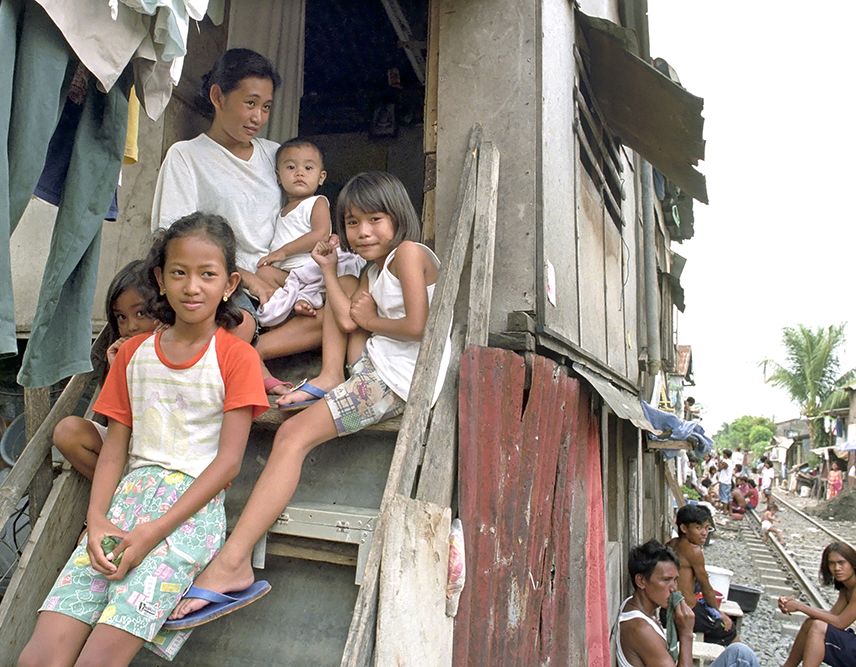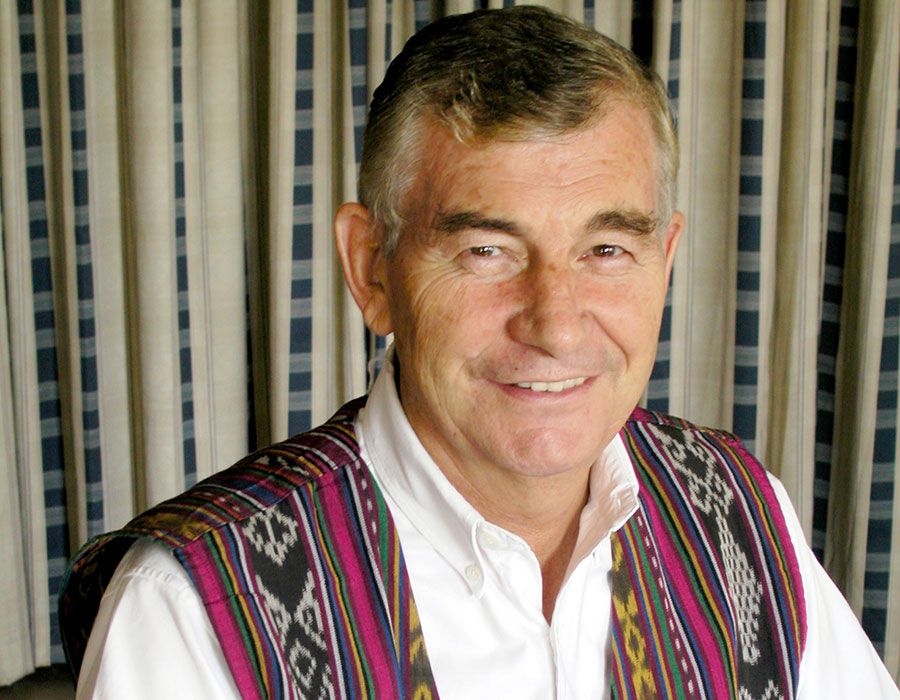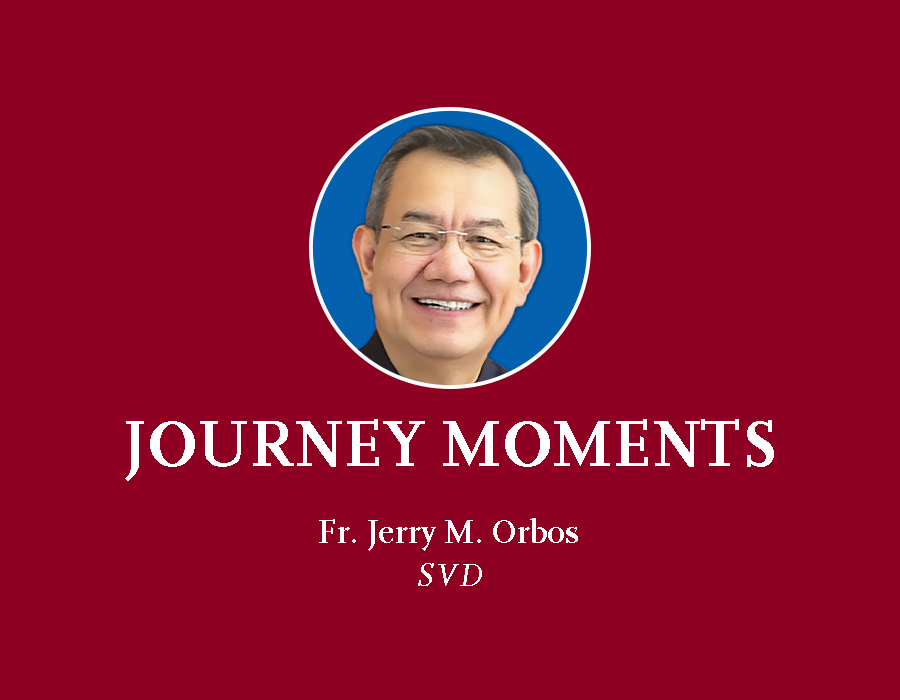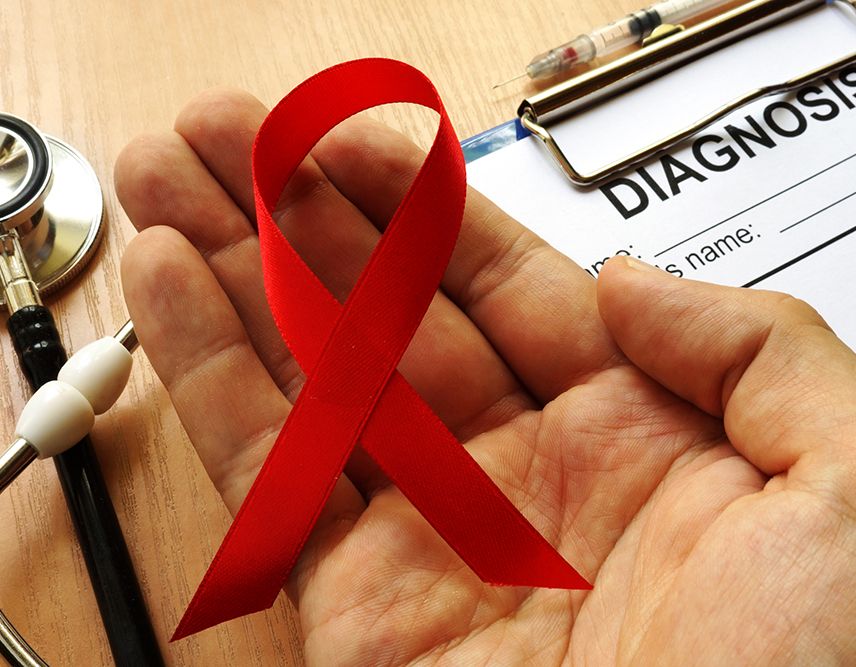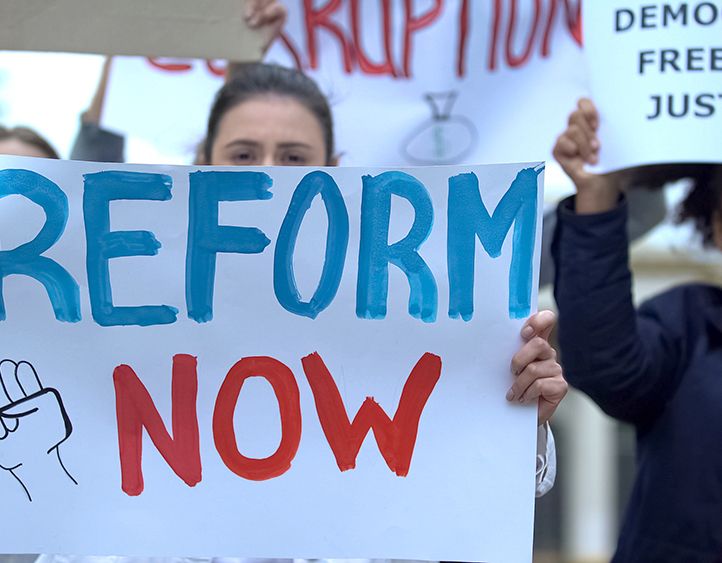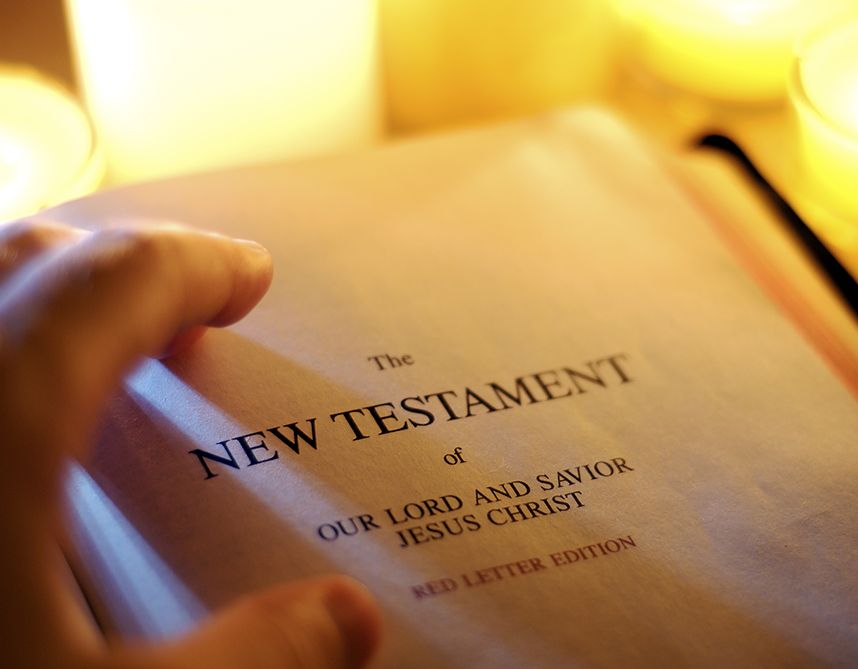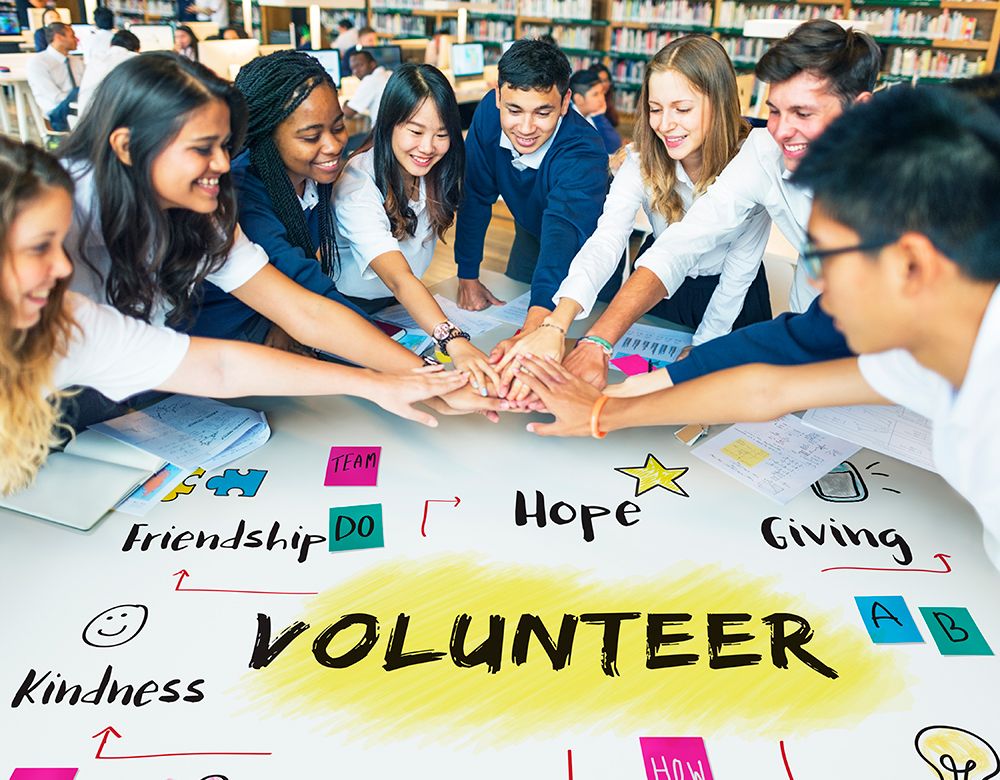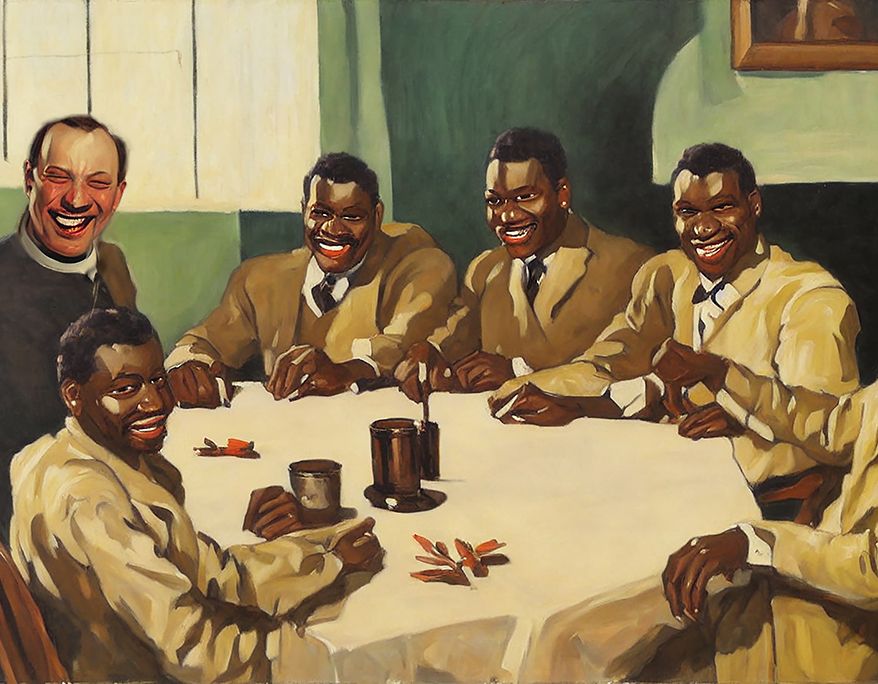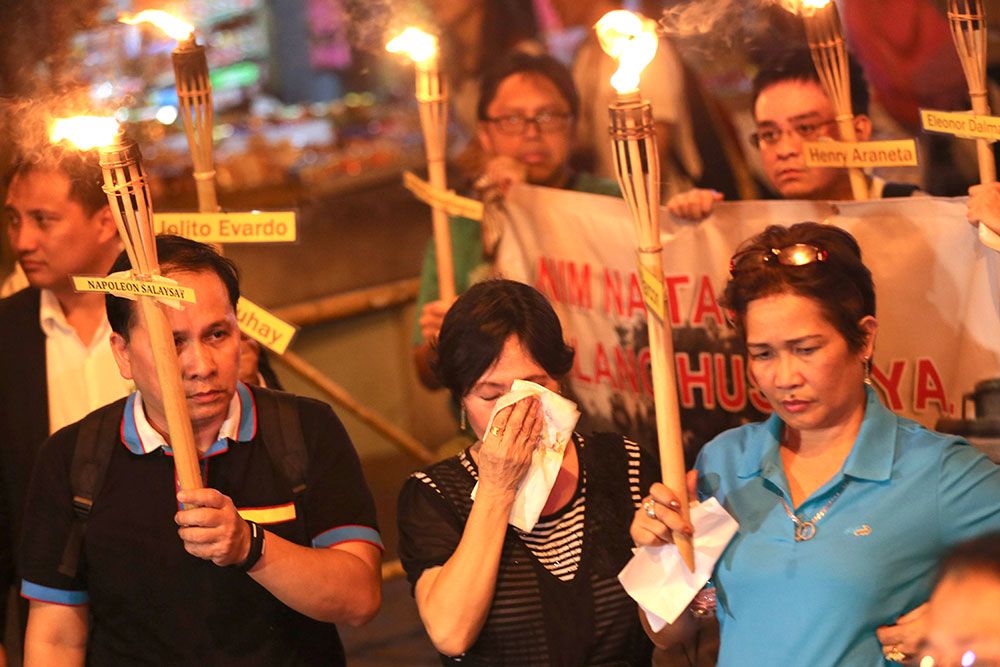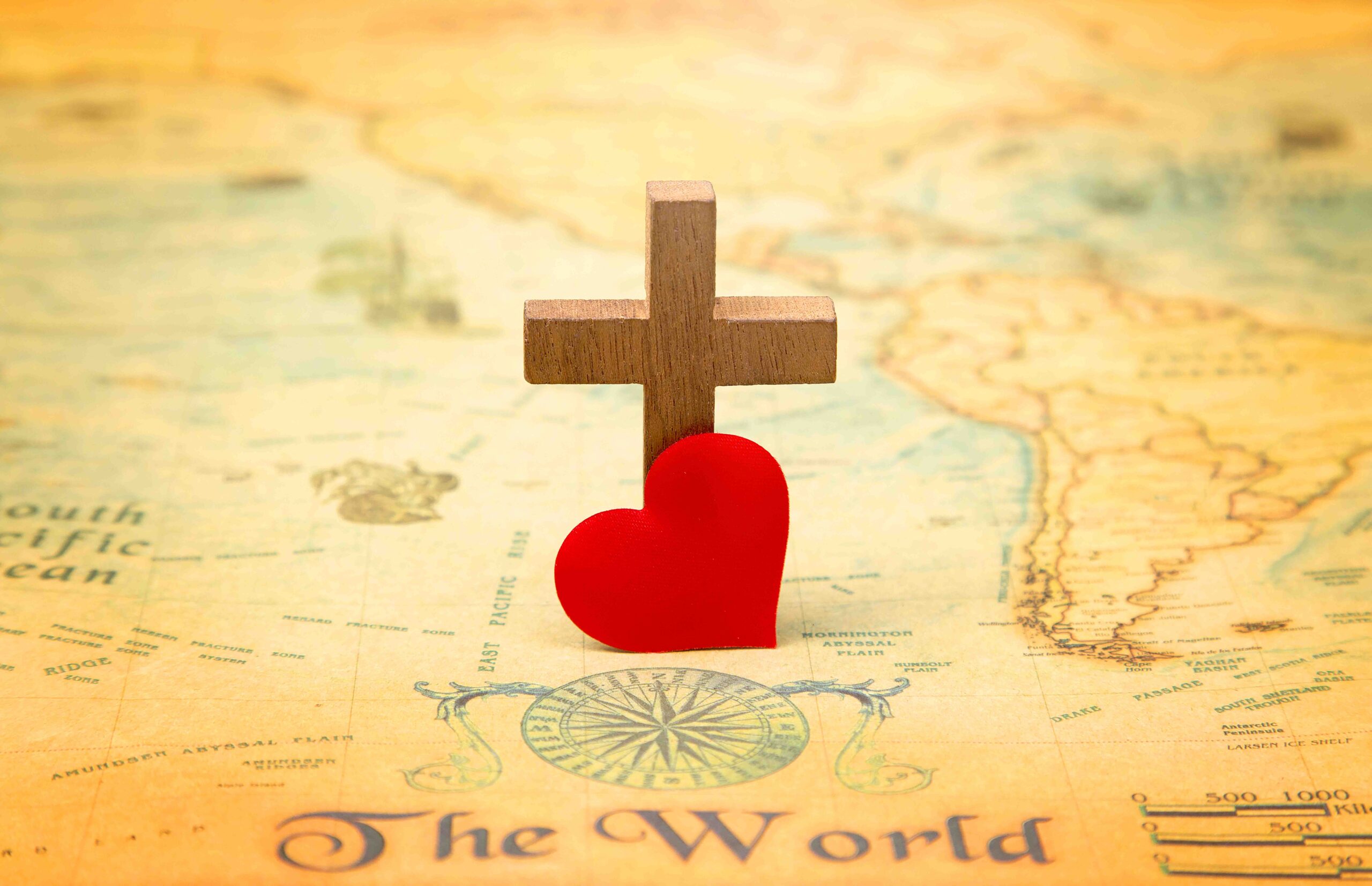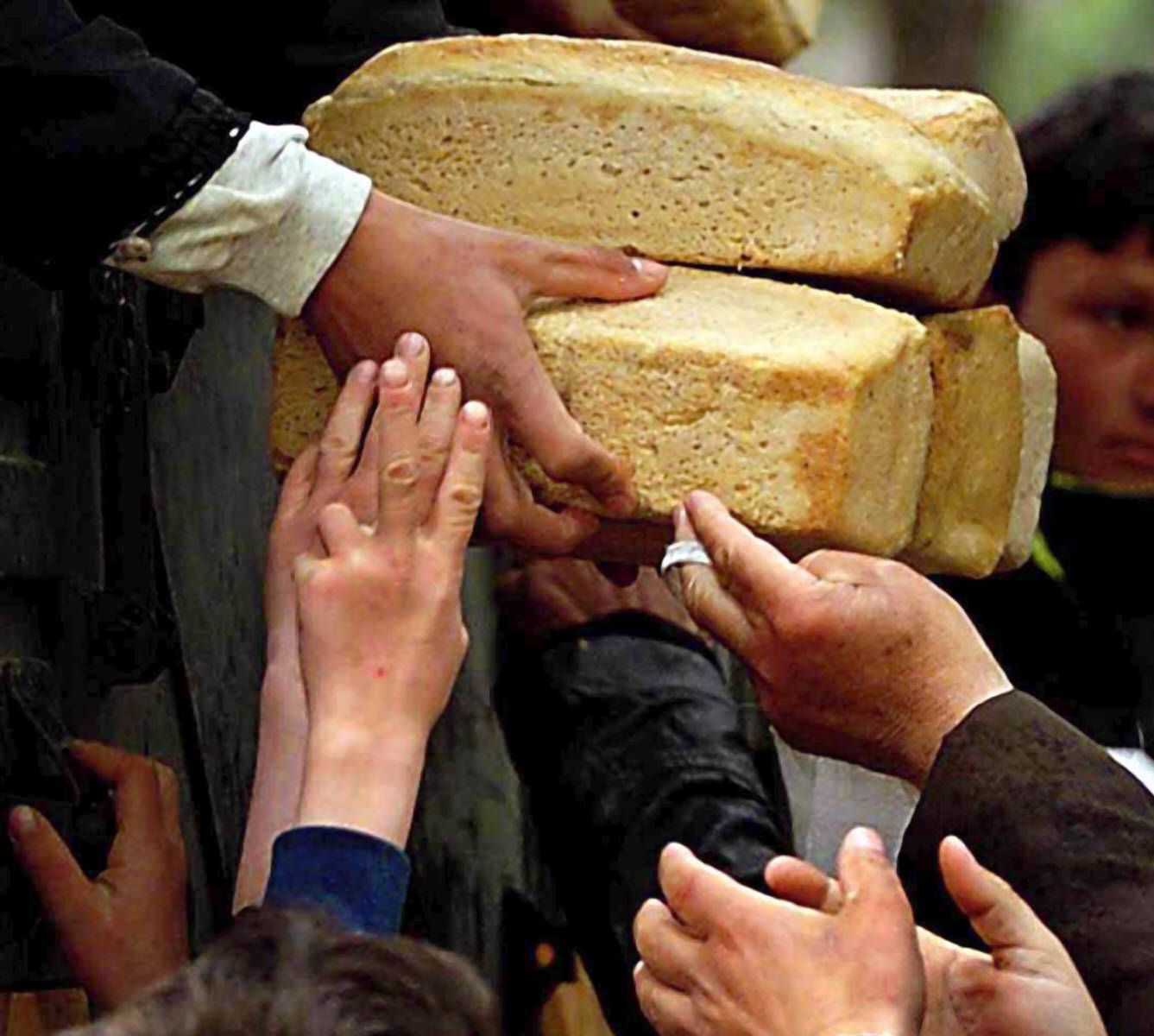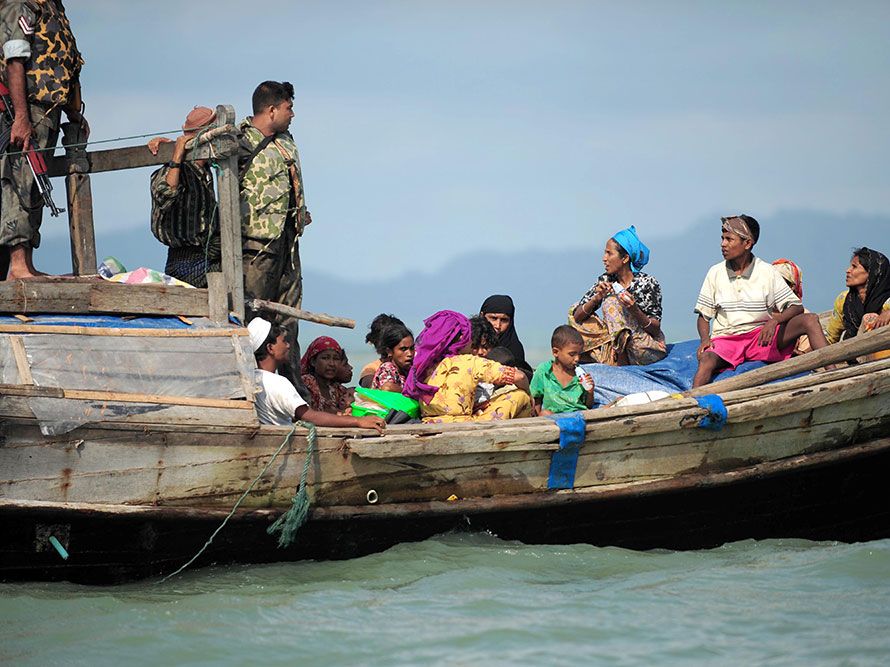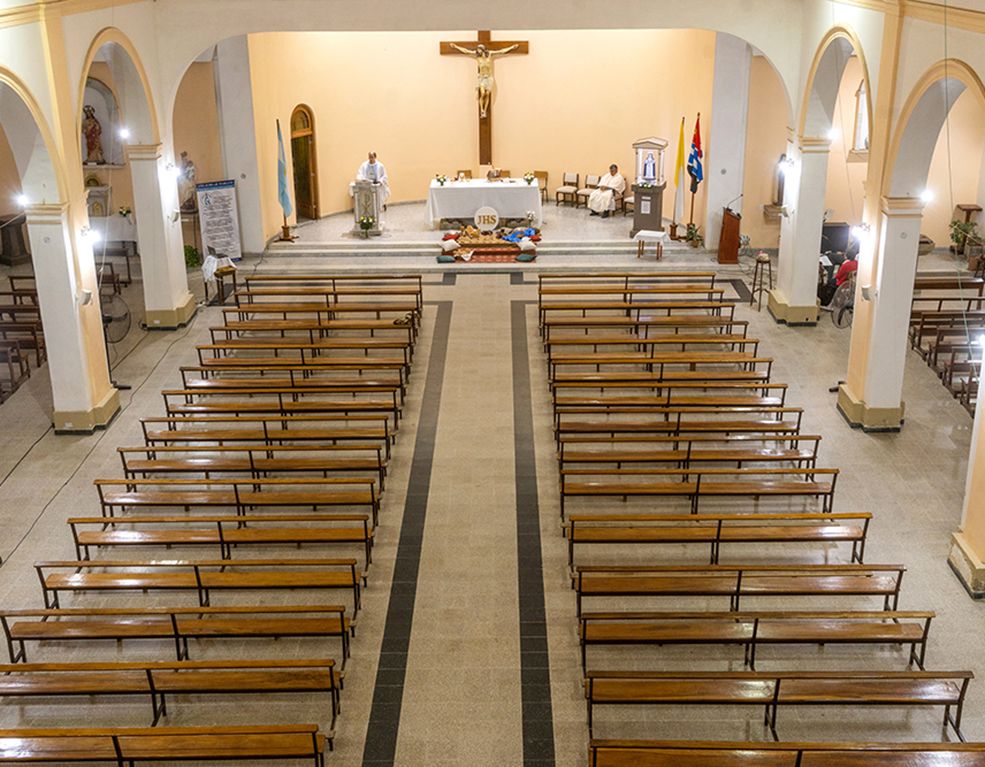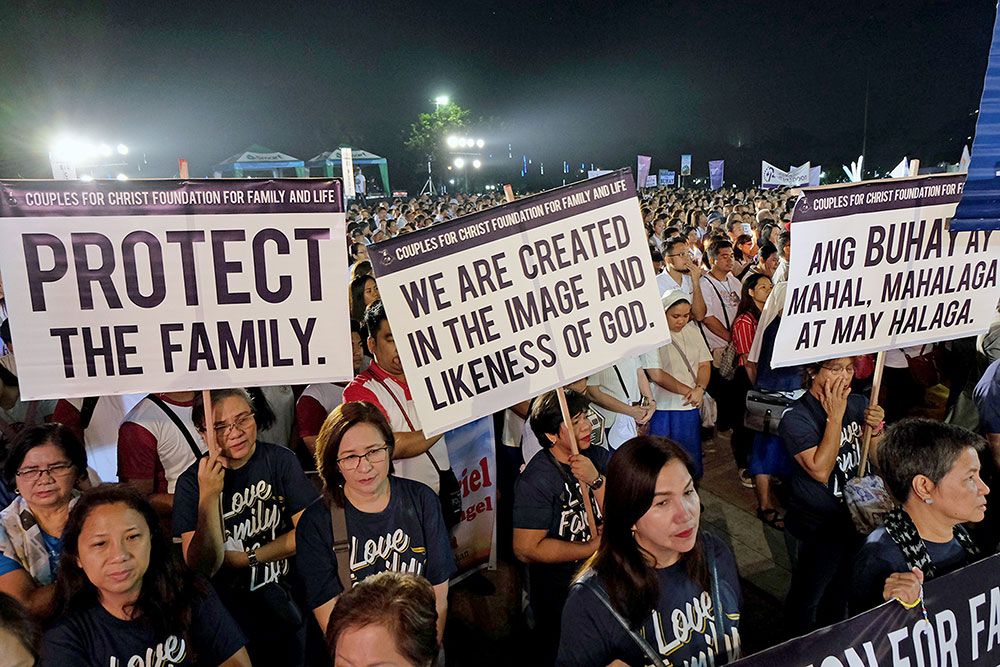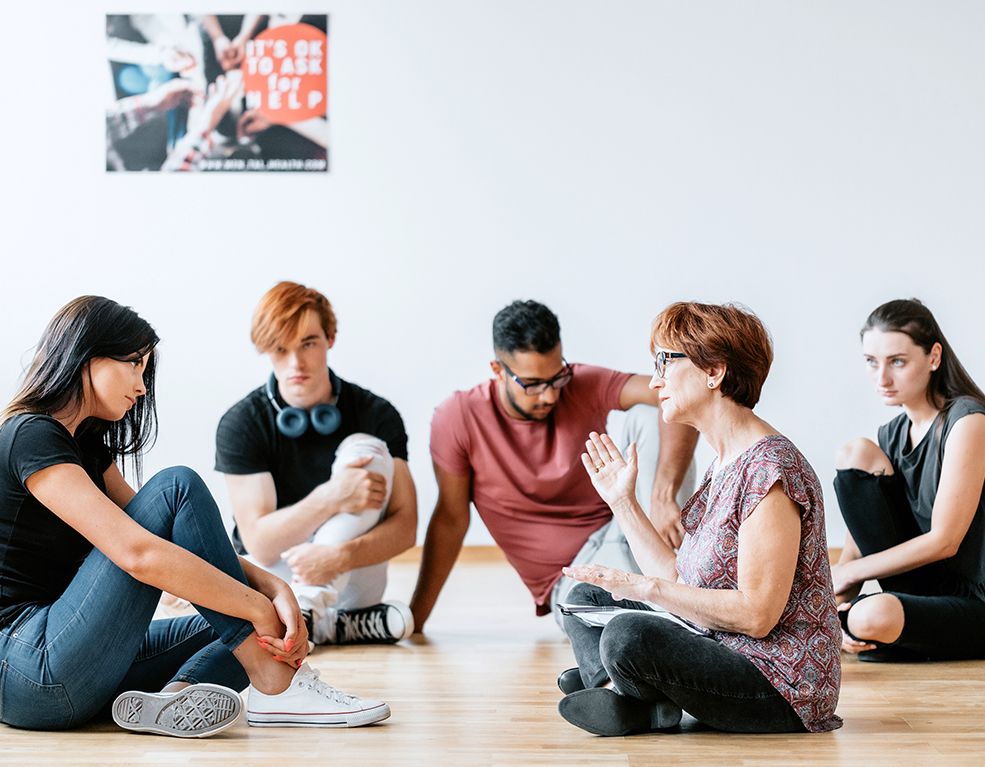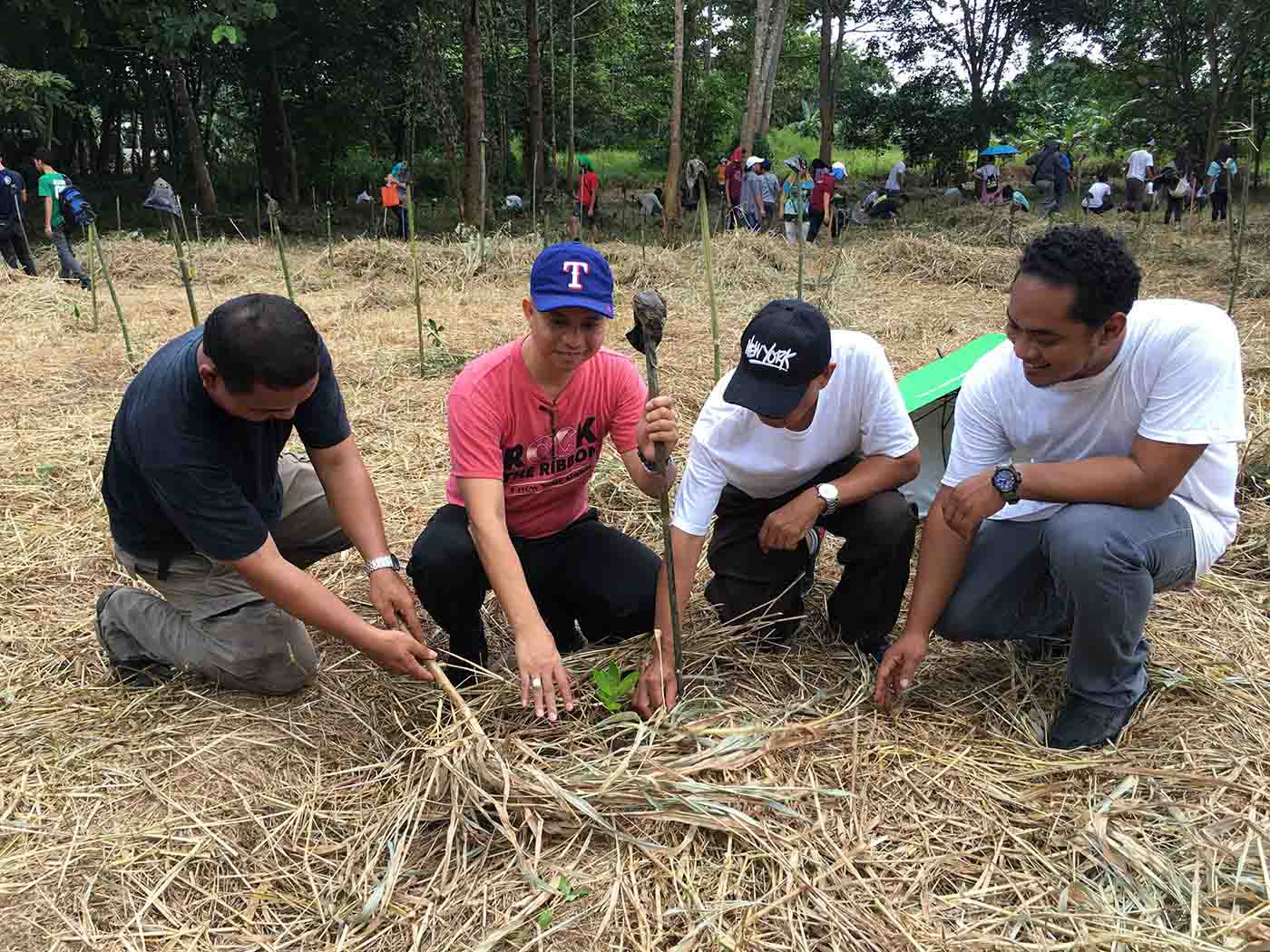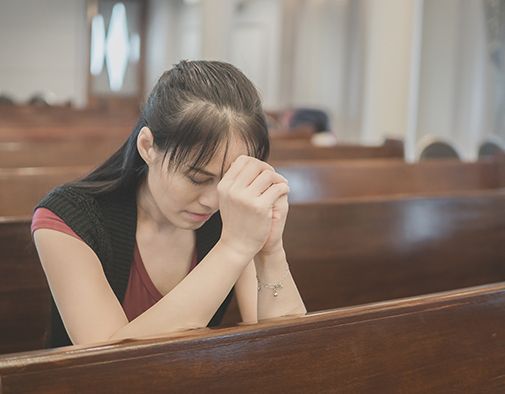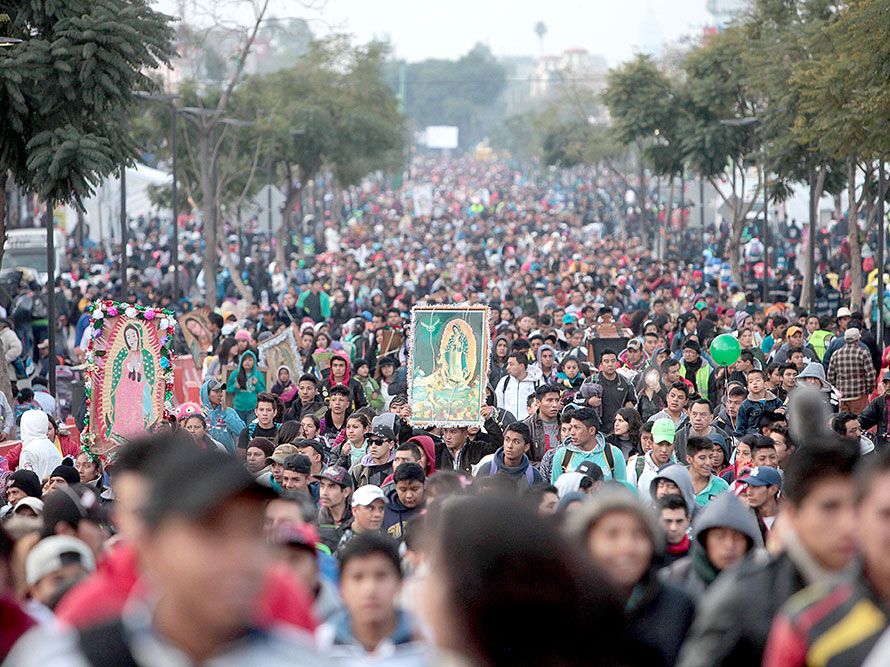It all started with a letter, on the first day of May 2019, sent by the Pope to young people around the world, especially students of economics, entrepreneurs, and business people. In this letter, he challenged them to “put into practice a different kind of economy, one that brings life and does not kill, that includes and does not exclude, that humanizes and does not dehumanize, that cares for creation and does not destroy it.”
And he scheduled the long-desired meeting in the birthplace of St. Francis. It would be the meeting of The Economy of Francesco. Thus the movement of the same name was born .
Although the pandemic forced the Pope to postpone this meeting for two years, he kept his promise. On September 24 last year, he arrived in the city of Assisi to join the nearly one thousand participants in the meeting of more than one hundred different nationalities who had gathered there two days earlier, to participate in various workshops and conferences, and to share ideas, experiences, projects, and many dreams on how to put this new economy into practice.
Francis listened attentively to their testimonies and concerns, gave them the advice that only a true friend knows how to give, and sealed the longed-for pact with them. In the meeting with the Pope, time flew by and the young people hurried to show the Pope what they had prepared for this very special meeting.
Then the lights went out and it seemed that it was already night inside the Lyrick Theater, the hall of Santa Maria degli Angeli, where most of the meeting’s activities took place. “Sentinel, how long before dawn? Sentinel, how much of the night is left? Answered the sentinel: the morning is about to come, but it is still night!”
The passage, adapted from the Book of Isaiah, was read by an actress, and then repeated by nine participants in their respective languages according to their concerns and longings.
“Sentinel, we are crushed and humiliated,” was heard in Portuguese. It was a young indigenous woman from the delegation of Brazil who immediately followed up by asking: “When will the rights of indigenous peoples and our different economies be recognized? When will our ancient and noble cultures be respected and perhaps imitated? This night has lasted centuries: when will it end?”
Francesco’s Economy In Prison
With the whole room lit up again, the Pope listened attentively to the stories of eight young people who have already begun to put this new economy into practice. “My name is Andrea and I have been in prison for more than nine years. Unfortunately, I killed a man during a violent and senseless argument. I will never remove that weight from my heart and I pray for that person’s soul.” Thus began, very simply and honestly, what would become one of the testimonies most applauded by the Pope and the rest of the young people.
Andrea, who thanked the prison management for giving him permission to participate in this meeting, explained how the project developed there “is in itself a true example of The Economy of Francesco”.
Inmates are encouraged to invest in their training and then to work for the bee.4 altre menti Cooperative. “Work restores dignity, and in our cooperative, each individual, through commitment, perseverance, seriousness, and effort can experience the true meaning of inclusion.”
Andrea is a digital marketing manager, a profession he learned from scratch thanks to the cooperative’s support. Every day, he deals directly with companies that have decided to believe in this important reintegration project. “We feel a great responsibility and hope to be able to help create a prison from which you come out better than you go in.”
This is what is already happening in Bollate prison, where Andrea lives. But this is only possible because “we are not alone.” The man thanked the technicians and volunteers who have been accompanying him, but he also took the opportunity to thank Pope Francis.
When he was arrested in 2013, Andrea wrote him a letter asking forgiveness for what he had done. “Unexpectedly, I received an answer in a very short time. It was thanks to that forgiveness that my life could begin again,” he explained.
A New Economy
Completely different, but no less powerful and impactful, was the story told by Thai Lilly, one of the youngest participants in The Economy of Francesco, who at the age of eight began her journey as an environmental activist. “I saw the plastic trash spread on the sand and floating in the ocean that I love so much” and “I knew something had to change,” she recalls.
After many letters written to political and retail company officials, and being advised to leave the solution to this problem to the adults, Lilly finally saw one of her goals achieved in 2020: single-use plastic bags were banned in more than 70 retailers across the country.
In this meeting, she fulfilled another goal for which she says she is “so grateful,” because she had not even dared to dream about it: to sign a global pact with Pope Francis for a new economy.
Among the 12 points of the document, is “an economy that knows how to value and care for the cultures and traditions of peoples, all living species, and the natural resources of the Earth.
Topping the list of priorities is “an economy of peace and not war” and “an economy that rejects the proliferation of weapons, especially the most destructive ones.” Last but not least, “an economy that creates wealth for all, that generates joy and not just well-being, because happiness that is not shared is too little.” And not forgetting “an economy that recognizes and protects decent and secure work for all, especially for women.”
The Poor At The Center
In a speech addressed to young people and which has served as inspiration for the movement since this meeting, Pope Francis warned that although the road to the new economy has already been started by some, there is a need to “do more.” “The earth groans today, and it is today that we must change,” the Pope stressed.
“I am counting on you,” he then said, and insisted, “I mean it. I am counting on you,” in case anyone was still in doubt about the hope the Pope places in young people to bring about this change.
An economy that the Pope wanted inspired by the saint of Assisi to put the poor at the center, and not to work only with them or for them. Another essential engine for change is spiritual capital, because “technique teaches us ‘what’ to do and ‘how’ to do it, but does not teach ‘why’,” Francis warned, and “the lack of meaning makes young people fragile and unable to elaborate sufferings and frustrations.”
In short, young people should focus on doing three things: seeing the world through the eyes of the poorest, investing in creating decent work for all, and ensuring that ideas are transformed into action. “Ideas are necessary,” he admitted, “but they can become ‘traps’ if they are not transformed into ‘flesh.’ And he stressed: “reality is always superior to ideas, be attentive to that.”
Be Part Of It
“It is not a utopia.” The phrase, in big letters, remained for many minutes on the giant screen that served as the backdrop for the stage of the meeting The Economy of Francesco, while Pope Francis, 86, and Lilly Satidtanasarn, 14, signed the pact for the new economy. The signature was Lilly’s, but in that moment, all the young people there made a huge commitment. And they have been honoring it.
One need only look at the movement’s web page and social networks to confirm this. The initiatives in the scope of The Economy of Francesco have multiplied in the most diverse parts of the world.
From the creation of White Saturday (as opposed to Black Friday), for the promotion of conscious, fair, sustainable and regenerative consumption, to the launching of books about the movement, to a live streaming reading marathon of the famous oriental tales The Thousand and One Nights, as a sign of proximity and solidarity with Iranian women.
The Economy of Francesco Academy has also been bearing fruit, supporting 15 research projects around the world, whose results will be valuable contributions to this “new economy.”
If you have come this far and want to know more about this worldwide network started by the Pope, or perhaps join it, just go to francescoeconomy.org and scroll down to find the “Be part of it!” button. This, by the way, is one of the premises of The Economy of Francesco: leave no one out.

